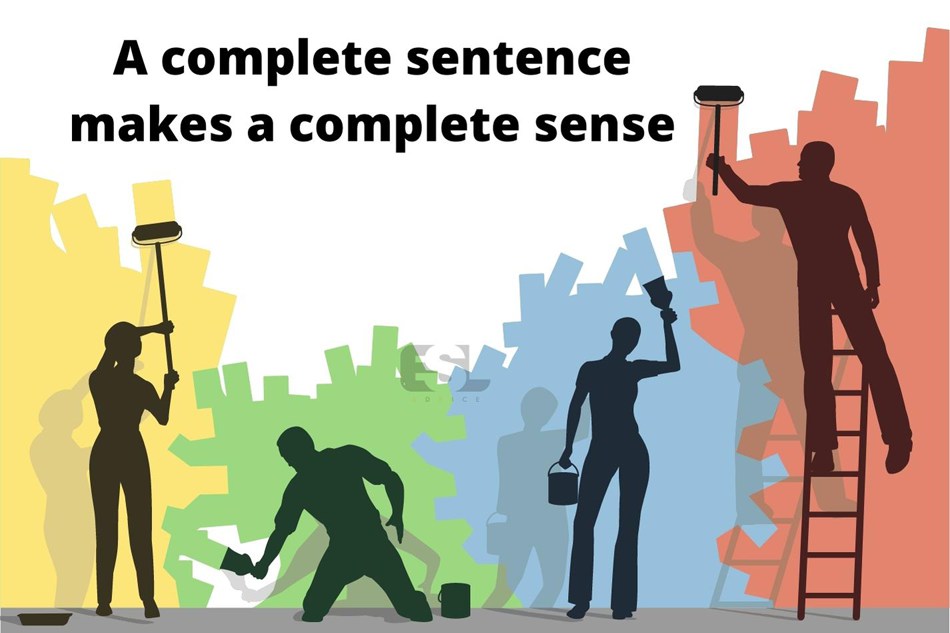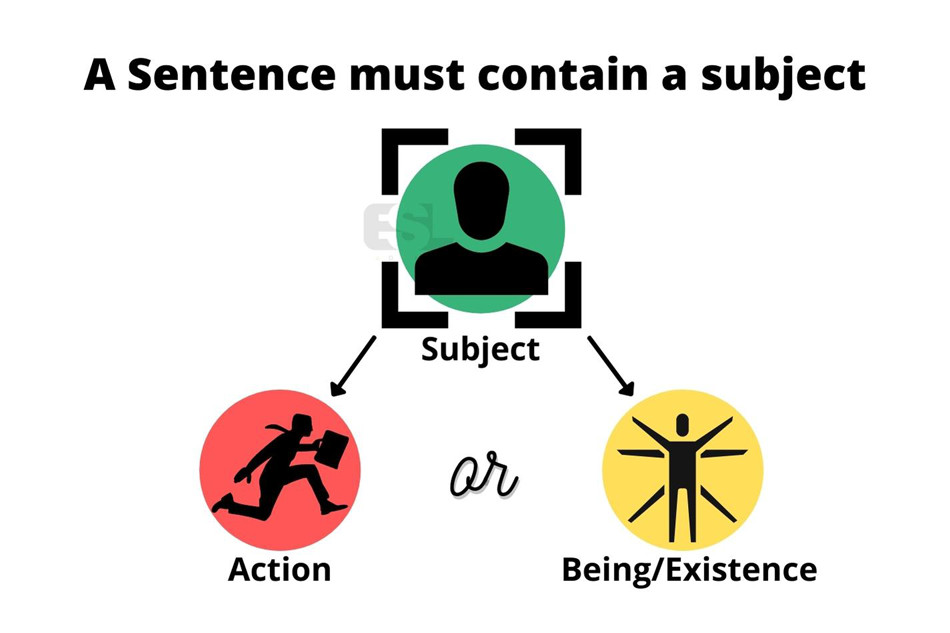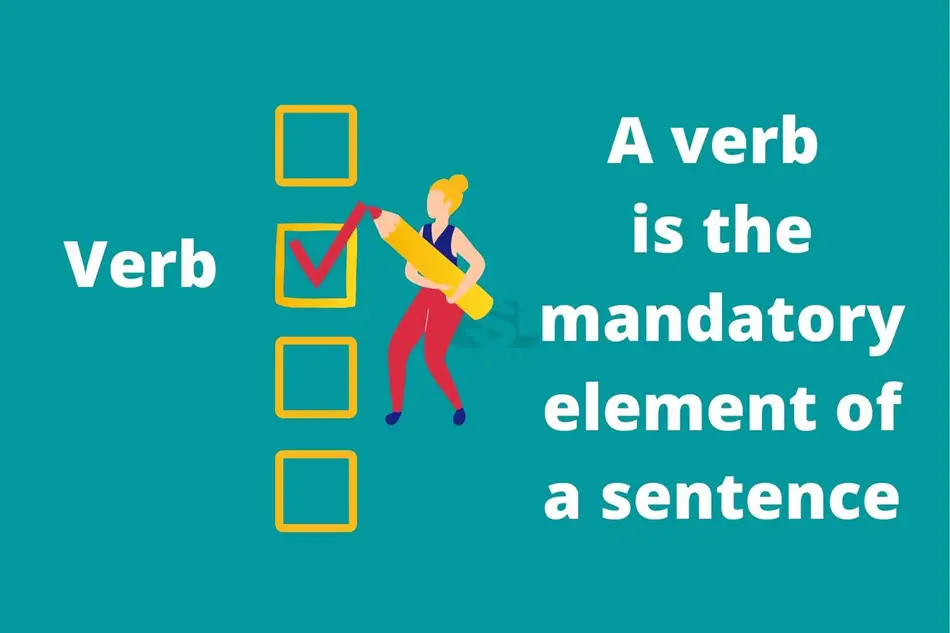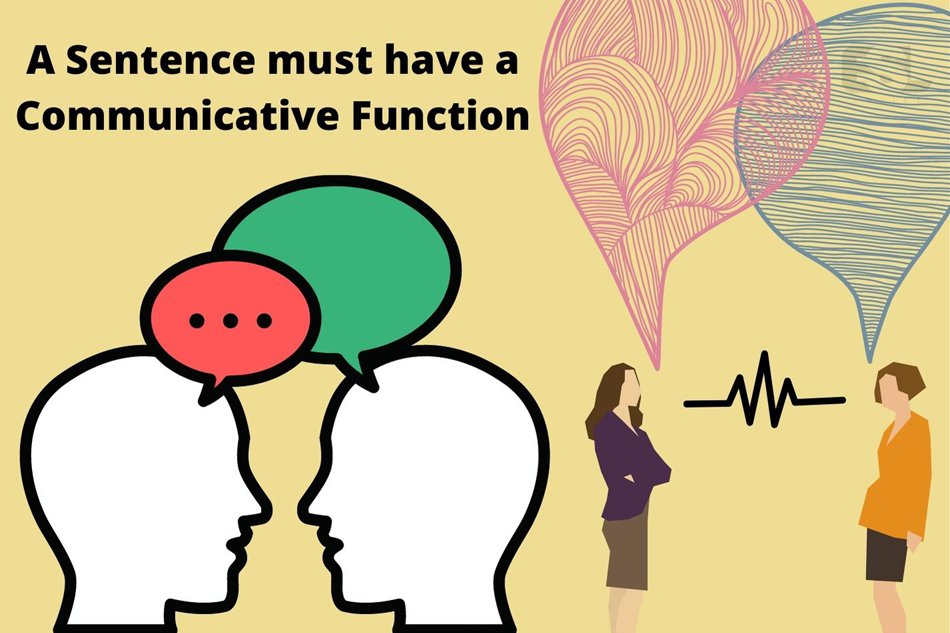The sentence is the most significant grammatical unit, which consists of words, phrases, and clauses. The grammar of any language is organized based on this largest structural unit. Though innumerable definitions of the sentence exist, there is no complete, perfect, or undisputable definition.
As we don’t have any perfect definition of the sentence, it is better to know its essential characteristics. I have identified 11 characteristics of a sentence. If any of the features I am about to mention is not found in a sentence, we cannot consider it a complete sentence.
Try The Blue Book of Grammar and Punctuation: An Easy-to-Use Guide with Clear Rules, Real-World Examples, and Reproducible Quizzes (Amazon Link) to understand the major rules and subtle guidelines of English grammar and usage. This best-seller includes easy-to-understand rules, abundant examples, dozens of reproducible quizzes, and pre and post tests for middle and high schoolers, college students, ESL students, homeschoolers, and more.
11 Characteristics of a Complete Sentence
- A sentence must have a group of words.
- A complete sentence makes complete sense.
- Every sentence must contain a subject.
- The verb is the mandatory element of a sentence.
- A sentence has two parts—subject and predicate.
- Every sentence contains at least one or more clauses.
- A sentence must have a definite communicative function.
- Every sentence begins with a capital letter.
- All sentences end with a punctuation mark.
- There are five functional categories of sentences.
- Sentences are of four types based on their structure.
1. A Sentence Must Have a Group of Words

When children acquire any language, they go through different stages, starting from the babbling stage and gradually to the one-word, two-word, and finally, the telegraphic stage. In language learning, the ultimate goal of a learner is to make complete sentences. So, what is a sentence?
A sentence is the largest structural unit of a language that must have a group of words. This is the most significant characteristic of a complete sentence.
Example 1: Rashid is a very brilliant boy.
Example 2: He likes sweets.
The above sentences are ideal examples of complete sentences. The first one consists of six words, and the second one has three words. Both sentences have a group of words, and they fulfill the other conditions of being a complete sentence.
2. A Complete Sentence Makes Complete Sense

One of the essential characteristics of a complete sentence lies in its meaningfulness. If you put a group of words together, but they cannot make any sense as a whole, we cannot consider it a sentence. Thus, to qualify as a complete sentence, a sentence has to be completely meaningful.
Incomplete sentence: Goes he every day gym to the. (Does not make any sense)
Complete sentence: He goes to the gym every day. (Makes complete sense)
The above examples show that just having a few words together may not make sense all the time. Therefore, to have a complete sentence, the words should be put in a sensible order to make total sense.
3. Every Sentence Must Contain a Subject

The subject is a mandatory element of a sentence. A sentence is all about its subject because a sentence talks about the action of the subject or its being or existence. A subject is either a noun or a pronoun; it can be the name of a person, thing, place, or anything.
Example 1: Sadik plays football well. (Sadik—a person, is the subject of this sentence. The sentence is all about an action of Sadik that is “playing football.”)
Example 2: Sadik is an intelligent boy. (Sadik—a person is the subject of this sentence. The sentence is all about the being or existence of Sadik)
Note: Some sentences may not have a visible subject but can be understood in the meaning. In most cases, they are imperative sentences.
Example 3: Please, call the police.
Example 3 is a request to someone. This kind of statement is used when we directly talk to someone. In such a situation, though we omit the word “you,” it can be understood that the subject is “you.”
4. Verb Is the Mandatory Element of a Sentence

The verb is an essential component of any English sentence. We can’t think of any clause or sentence without a verb. Though a sentence may have more than one verb, and there can be different types and forms of verbs, a sentence must have a finite verb and a subject at the minimum.
Example 1: We like to play cricket. (“Play” is a finite/main verb in this sentence)
Example 2: He writes very well. (“Write” is a finite/main verb in this sentence)
Example 3: My brother is a teacher. (“Is” is the finite/main verb in this sentence)
Note: Don’t get confused between finite/main or non-finite/auxiliary verbs. Am, is, are, was, were, etc., are usually considered auxiliary verbs. Still, in many cases, they can play the role of finite verbs, as we see in example 3.
5. A Sentence Has Two Parts—Subject and Predicate
Subject and predicate are two different parts of a complete sentence. The subject tells us what or who the sentence is about, and the predicate tells us about the subject. The subject is always a noun or a pronoun. At the same time, the predicate is usually the rest of the sentence that must contain the verb and a modifier when necessary.
Example 1: Steve Jobs was a brilliant guy.
“Steve Jobs” is the subject here whom the sentence is talking about, and “was a brilliant guy” is the predicate that tells us about the subject—Steve Jobs.
Example 2: The children are playing football in front of the house.
“The children” is the subject here whom the sentence is talking about, and “are playing football in front of the house” is the predicate that tells us about the subject— The children.
6. Every Sentence Contains One or More Clauses
A complete sentence must have at least one clause. Depending on the structure or number of clauses, we can have four kinds of sentences. No matter whether a sentence is assertive or imperative, simple or compound, it must have a clause or more than one clause.
Example 1: It may rain today. (One-clause sentence)
Example 2: Please wait right here until your brother comes. (Two-clause sentence)
Note: There are two kinds of clauses—independent and dependent. A sentence without an independent clause is not a complete sentence at all. To have a clear understanding of the clause, you can check one of my other posts titled A Quick Guide on Clauses: Definition, Classification with Examples.
7. A Sentence Must Have a Definite Communicative Function

The purpose of uttering any sentence is to communicate. We communicate for so many reasons. Among them, let me mention four main reasons.
- To provide information about something or someone
Example: Rana is a bright student.
- To find or ask for information about someone or something from someone
Example: Is Rana a good student?
- To ask someone to do something
Example: Sit down, please.
- To express feelings or attitudes about someone or something
Example: How cute the baby is!
All the above example sentences serve the sole purpose, which is communication. So, having a definite communicative function is one of the essential characteristics of a sentence.
8. Every Sentence Begins with a Capital Letter
One of the common characteristics of a complete sentence is that it begins with a Capital letter. No matter what kind of sentence you write, you must start the sentence with a capital letter.
Incorrect: this is my cousin. his name is John.
Correct: This is my cousin. His name is John.
9. All Sentences End with a Punctuation Mark
If a sentence does not end with any punctuation mark, that sentence is not considered a complete sentence. Sentences usually end in one of the three punctuation marks—full stop/period (.), question mark (?), and Exclamatory mark (!).
Example 1: Allah helps those who help them.
Example 2: Are you from India?
Example 3: What a beautiful moon this is!
Note: The function of the sentence determines the punctuation marks. The question mark is used for interrogative sentences, and the exclamatory sign is used for exclamatory sentences. The full stop/period is used for any other category of sentences.
10. There Are Five Functional Categories of Sentences
English sentences can be categorized based on their functions and structures. There are five types of sentences in English, considering their function or meaning. They are:
- Assertive
- Interrogative
- Imperative
- Optative
- Exclamatory
To learn these five functional types of English sentences in detail with relevant examples, you can read one of my other posts titled Types of Sentences Based on Their Function.
11. Sentences Are of Four Types Based on Their Structure
English sentences can be categorized based on their structures and functions. There are four types of sentences in English, considering their structures or forms. They are:
- Simple
- Complex
- Compound
- Compound-complex
If you are interested to know about the above-mentioned categories of sentences, you can read one of my other posts titled Types of Sentences Based on Their Structure.
In Conclusion
Now we know the different essential characteristics of a sentence. Since having a complete definition of a sentence in just a few words is difficult, it is better to remember all the attributes of a complete sentence. Understanding these characteristics will help us to identify whether a sentence is grammatically correct or incorrect.
I hope the above discussion will provide you with a guide to learning how a complete sentence should be.
Thanks for reading.
Happy learning!
11 Frequently Asked Questions Related to Characteristics of a Complete Sentence
1. What defines a complete sentence?
A complete sentence expresses a complete thought and has both a subject and a predicate.
2. Can a sentence consist of just one word?
Yes, as long as it conveys a complete thought. For instance, “Run!” is a complete sentence with an implied subject.
3. What role does the subject play in a sentence?
The subject tells whom or what the sentence is about, typically a noun, pronoun, or noun phrase.
4. How is the predicate different from the subject?
The predicate explains what the subject does or is. It contains the verb and any objects or complements.
5. Why is verb agreement important in a complete sentence?
Verb agreement ensures that the subject and verb in a sentence match in number (singular or plural), maintaining grammatical accuracy.
6. Can a sentence have more than one clause?
Yes, sentences can be simple (one clause), compound (two independent clauses), complex (one independent and at least one dependent clause), or compound-complex (multiple independent and dependent clauses).
7. What is the importance of punctuation in a complete sentence?
Punctuation marks, like periods, question marks, and exclamation points, indicate the end of a sentence and convey its tone and intention.
8. How does sentence structure affect its clarity?
A well-structured sentence ensures that the message is clear and easy to understand, avoiding ambiguity.
9. Can fragments be considered complete sentences?
No, fragments lack either a subject, a predicate, or both, and don’t express a complete thought.
10. Why is it important to avoid run-on sentences?
Run-on sentences can confuse readers by stringing together multiple thoughts without proper punctuation or conjunctions.
11. How does the use of active or passive voice impact a sentence’s completeness?
Both active and passive voices can form complete sentences. However, they change the focus from the doer of the action (active) to the recipient of the action (passive).





